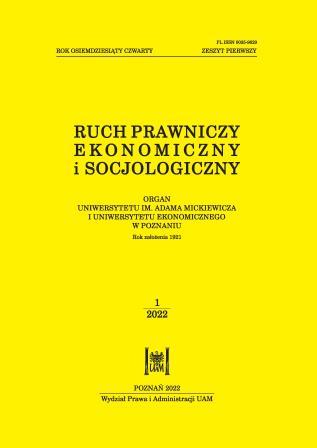Polityka migracyjna Republiki Federalnej Niemiec
The migration policy of the Federal Republic of Germany
Author(s): Marek PodrazaSubject(s): Politics / Political Sciences, Law, Constitution, Jurisprudence, International Law, Human Rights and Humanitarian Law, Civil Society, Governance, Public Administration, Public Law, Administrative Law
Published by: Uniwersytet Adama Mickiewicza
Keywords: Germany; migration policy; migration crisis; refugees; migrations
Summary/Abstract: The effective management of migration flows is the goal of every country that deals with an influx of foreigners. The Federal Republic of Germany began building its migration policy after World War II. Initially, it was focused on recruiting foreigners from third countries, filling the staffing shortages in sectors dominated by low-skilled workers. Over time, it underwent a transformation, focusing on the so-called specialists. Over the course of 70 years, Germany has become one of the strongest economies in the world, and is now, according to the OECD report, the second most popular destination of today’s migration. Undoubtedly, the real test for German migration policy was the migration crisis initiated by the Arab Spring. In 2015 alone, 1.1 million immigrants reached Germany, and nearly half of them applied for asylum. The initial openness at some point exceeded the possibilities of Germany. Considering the increasing demographic problems of Germany, the current situation may positively affect the economic development of this country, especially when we take into account the effective integration policy to date. Whether this happens will primarily depend on subsequent decisions of the German authorities in this regard.
Journal: Ruch Prawniczy, Ekonomiczny i Socjologiczny
- Issue Year: 84/2022
- Issue No: 1
- Page Range: 167-178
- Page Count: 12
- Language: Polish

